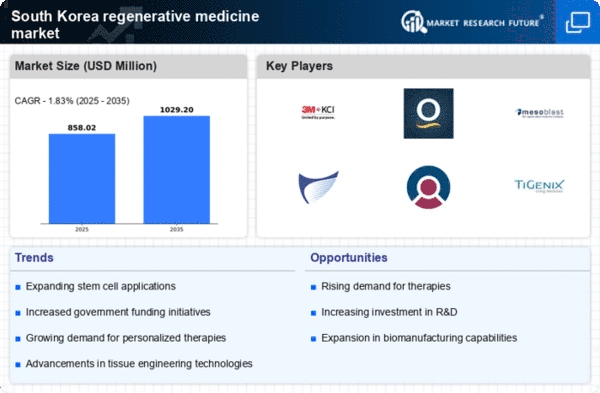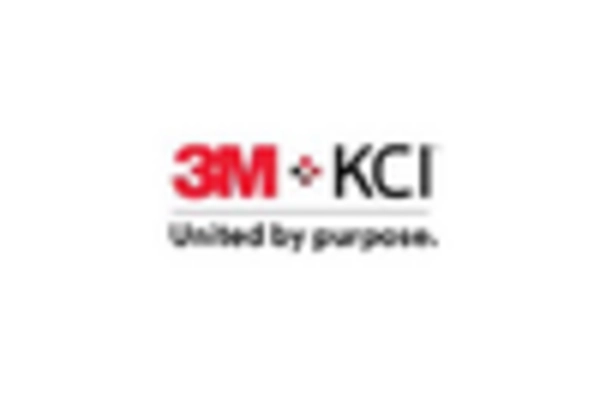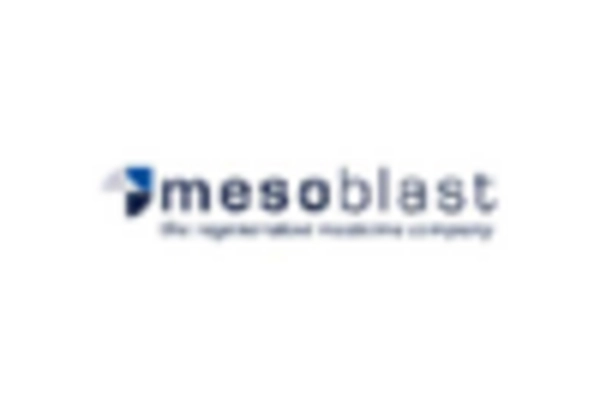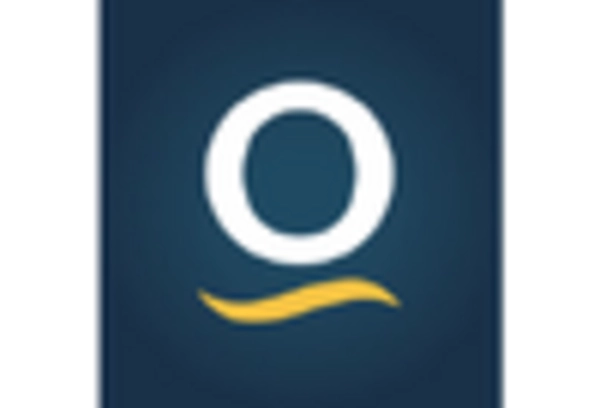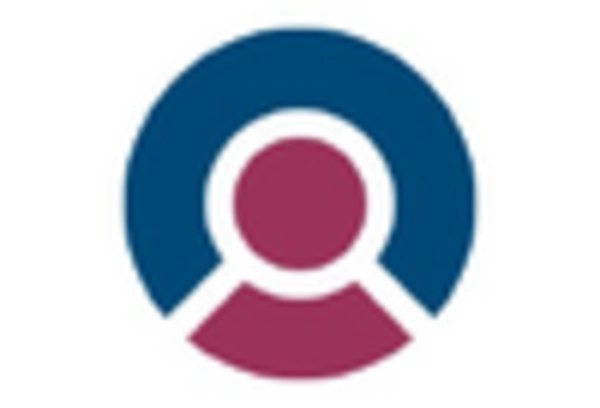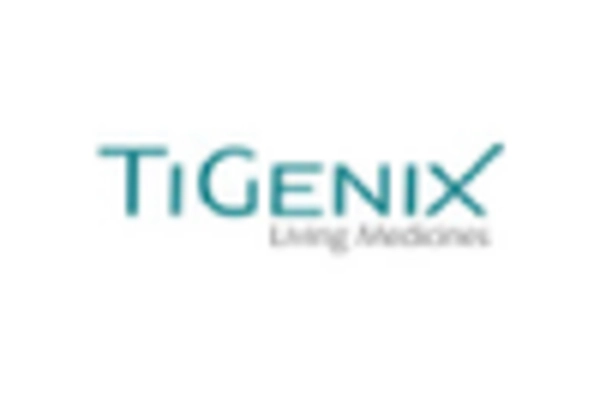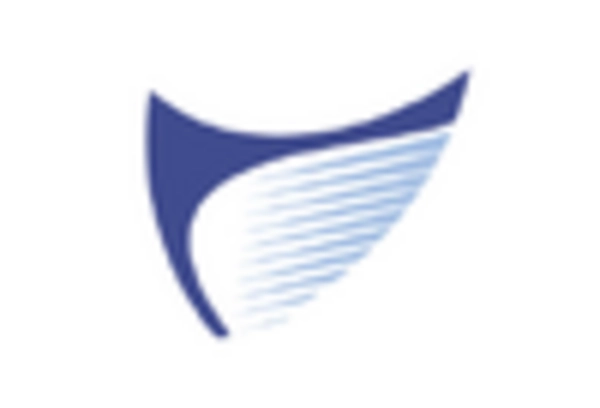Rising Incidence of Chronic Diseases
The increasing prevalence of chronic diseases in South Korea is a pivotal driver for the regenerative medicine market. Conditions such as diabetes, cardiovascular diseases, and neurodegenerative disorders are on the rise, necessitating innovative treatment solutions. According to recent health statistics, chronic diseases account for approximately 80% of healthcare expenditures in the country. This growing burden on the healthcare system propels the demand for regenerative therapies that can potentially restore function and improve quality of life. As the population ages, the regenerative medicine market is likely to expand, offering advanced therapies that address these complex health challenges. The focus on developing effective treatments for chronic conditions is expected to stimulate investment and research in the regenerative medicine sector, thereby enhancing its growth prospects in South Korea.
Investment in Research and Development
Investment in research and development (R&D) is a crucial driver for the regenerative medicine market in South Korea. The government and private sector are increasingly allocating funds to support innovative research initiatives aimed at developing advanced therapies. In 2025, R&D spending in the biotechnology sector is projected to reach approximately $3 billion, reflecting a commitment to fostering innovation. This financial backing facilitates the exploration of novel regenerative techniques, including stem cell therapy and tissue engineering. Furthermore, collaborations between academic institutions and industry players are likely to enhance the translational potential of research findings, leading to the commercialization of new therapies. As a result, the regenerative medicine market is expected to benefit from a robust pipeline of innovative products, ultimately improving patient outcomes and driving market growth.
Regulatory Framework and Approval Processes
The regulatory framework and approval processes in South Korea play a crucial role in shaping the regenerative medicine market. The government has established guidelines to streamline the approval of innovative therapies, which is essential for fostering market growth. Recent reforms have aimed to reduce the time required for clinical trials and expedite the review process for regenerative products. This proactive approach is likely to encourage investment in the sector, as companies seek to bring their therapies to market more efficiently. Furthermore, a supportive regulatory environment can enhance public confidence in regenerative treatments, potentially increasing patient uptake. As the regulatory landscape continues to evolve, the regenerative medicine market is expected to benefit from improved access to innovative therapies, ultimately contributing to its expansion.
Aging Population and Demand for Advanced Therapies
The demographic shift towards an aging population in South Korea is significantly influencing the regenerative medicine market. By 2025, it is estimated that over 20% of the population will be aged 65 and older, leading to an increased demand for advanced therapeutic options. Older adults are more susceptible to degenerative diseases, which often require innovative treatment approaches. Regenerative medicine offers promising solutions, such as cell-based therapies and gene editing, which may enhance recovery and improve the quality of life for elderly patients. This demographic trend is likely to drive market growth as healthcare providers seek effective interventions to address age-related health issues. Consequently, the regenerative medicine market is positioned to expand in response to the evolving healthcare needs of an aging society.
Growing Awareness and Acceptance of Regenerative Therapies
The growing awareness and acceptance of regenerative therapies among healthcare professionals and patients is a significant driver for the regenerative medicine market in South Korea. Educational initiatives and outreach programs have contributed to a better understanding of the potential benefits of regenerative treatments. As patients become more informed about their options, the demand for these innovative therapies is likely to increase. Surveys indicate that approximately 70% of healthcare providers are now more open to discussing regenerative medicine options with their patients. This shift in perception is expected to facilitate the adoption of regenerative therapies, leading to a broader market acceptance. As awareness continues to grow, the regenerative medicine market may experience accelerated growth, driven by patient demand for cutting-edge treatment solutions.


